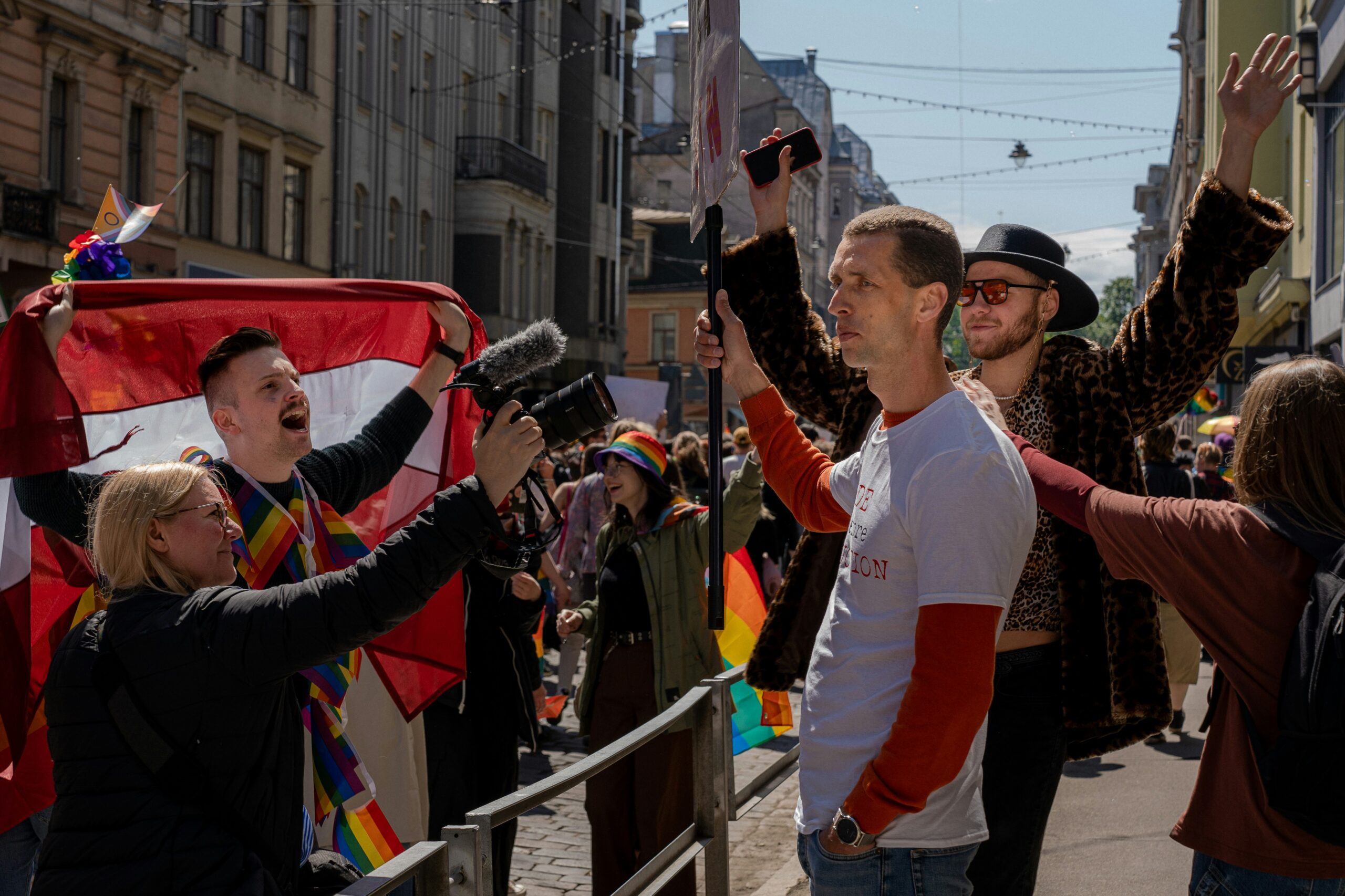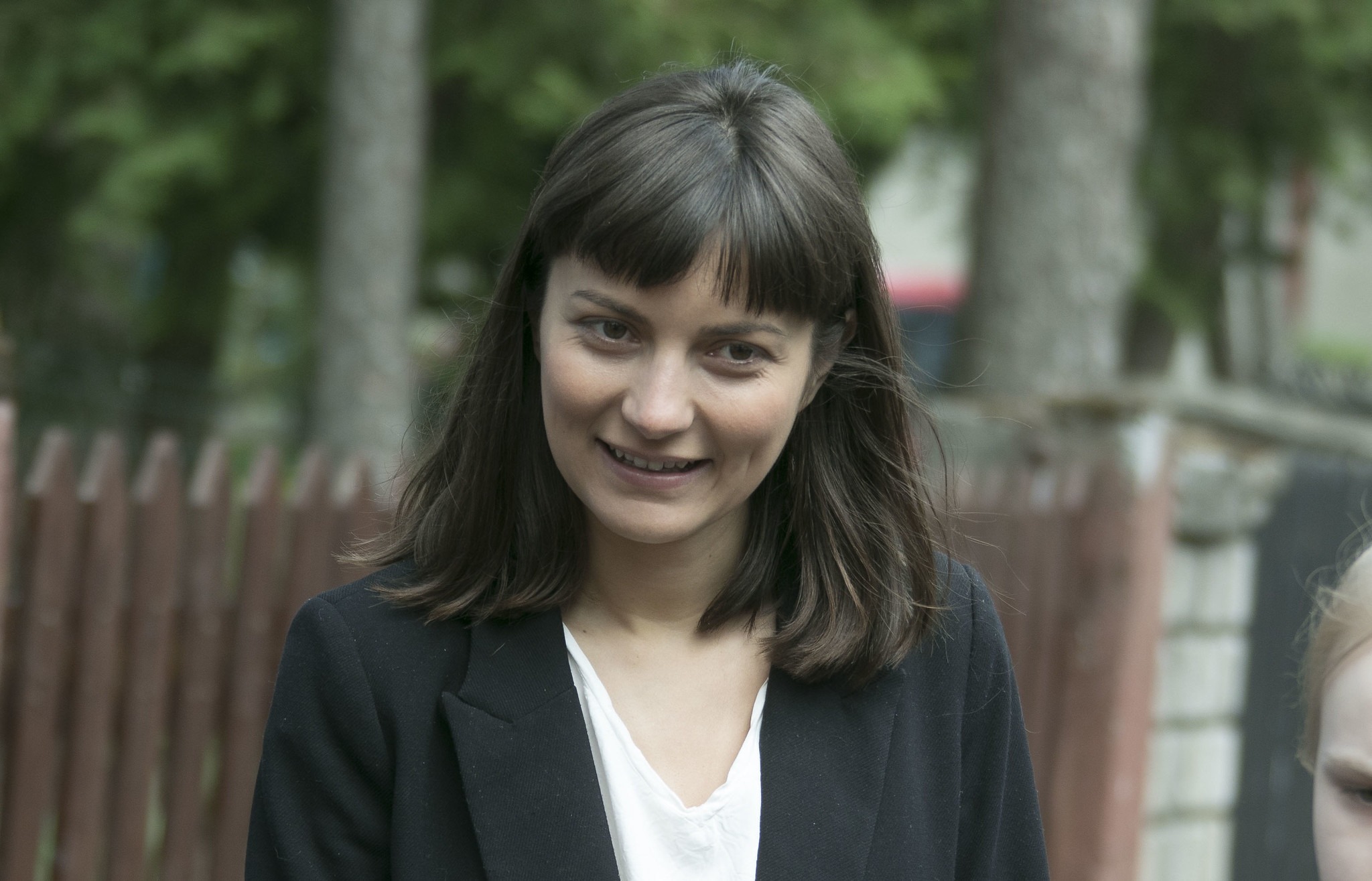
Key insights:
In October, pro-Kremlin disinformation actors in Estonia focused on deepening distrust in democratic institutions, amplifying ethnolinguistic divides, and framing Estonia’s national security measures as irrational or repressive. Key narratives included:
- Delegitimising the electoral system – The results of municipal elections, particularly in Tallinn and Ida-Viru County, were used to spread claims that electronic voting is opaque, manipulated, and controlled by the “ruling elite.”
- Russophobia as state policy – Discussions around language use in schools, customer service policies, and cultural events were used to portray Estonia as systematically persecuting its Russian-speaking population.
- Censorship and lack of free speech – The entry ban on Latvian politician Aleksejs Rosļikovs and related events were framed as evidence that Estonia suppresses political dissent.
- Discrediting national security measures – Border-related incidents and the government’s communication strategy on public preparedness were mocked as signs of panic, incompetence, or NATO dependency.
- Normalizing anti-Ukrainian sentiment – Reports of conflict between Ukrainian and Russian-speaking students were exploited to create resentment toward Ukrainian refugees and undermine public solidarity with Ukraine.
These narratives aimed to erode public trust in Estonia’s democratic processes, weaken confidence in national defense, and reaffirm Kremlin-aligned identity narratives within segments of the Russian-speaking population.
Overview of the Main Findings:
The month unfolded under the strong influence of discussions surrounding the municipal elections held between 13 and 19 October. While the Centre Party achieved strong results in Tallinn and parts of Ida-Viru County, pro-Kremlin commentators used the outcome to question the legitimacy of e-voting. Russian-language social media groups framed electronic voting as manipulated and opaque, suggesting that the Centre Party was denied an absolute majority due to fraud. Supporters of the populist KOOS party expanded this into broader claims that Estonia’s electoral system is inherently rigged, pointing to the 5% threshold as evidence of political exclusion. These narratives gained considerable engagement, reinforcing mistrust in Estonia’s democratic institutions.
At the same time, Omniva’s decision to discontinue Russian-language customer service was widely portrayed as another step in a supposed campaign to marginalize Russian speakers. Commentators dismissed practical explanations (such as reduced demand) and instead positioned the change within a narrative of cultural erasure. This theme also emerged in discussions surrounding a Ukrainian student’s report of discrimination in a vocational school, which sparked widespread claims that Estonia enforces “Russophobic language policies.” The issue was further amplified when a viral video showed a newly elected Kohtla-Järve council member seeking an Estonian language tutor, prompting calls from some commentators to require language proficiency exams for electoral candidates, while others warned that such measures would violate equal voting rights. The debate demonstrated how language remains a persistent fault line in Estonian political discourse.
National security topics also played a central role. Estonia’s temporary closure of the road through the Saatse Boot was framed by pro-Kremlin voices as an unnecessary provocation and further evidence of “anti-Russian hysteria.” Similarly, the short-term entry ban on Latvian politician Aleksejs Rosļikovs — charged in Latvia with incitement of ethnic hatred and cooperation with Russia – was interpreted as censorship and proof that Estonia suppresses dissent. Although the planned event he was to attend ultimately proceeded online, this nuance was largely omitted in social media discussions.
In the final week of October, controversy emerged around the Government Office’s decision to hire journalist Henrik Roonemaa to develop recommendations on how to reduce public anxiety about war. Pro-Kremlin commentators derided the initiative as a “Ministry of Calm,” mocking Estonia for allegedly being unable to manage its own security environment. Memes claiming Estonia was “too hysterical to govern itself” spread widely in Russian-language channels, reframing public-communication strategy as weakness and panic rather than preparedness.
Collectively, October’s disinformation landscape blended electoral distrust, language-based identity tensions, and national security anxieties. The narratives were designed to undermine confidence in state institutions, stoke internal division, and strengthen the appeal of pro-Kremlin ideological framing among parts of the Russian-speaking population.
Story of the Month
In October 2025, Estonia’s municipal elections became a flashpoint for renewed speculation about the so-called “Russian card” – the idea that issues affecting the country’s large Russian-speaking minority could be weaponized for political or propaganda purposes. The campaign was dominated by debates over new constitutional amendments restricting local voting rights for Russian and Belarusian citizens and proposals to require Estonian-language proficiency for electoral candidates.
Pro-Kremlin commentators quickly amplified these discussions, portraying Estonia as a “Russophobic” state silencing its minorities. On social media, narratives claiming that “Russian speakers are being erased from politics” spread widely, often accompanied by memes, doctored images, and recycled disinformation. These efforts were reinforced by the selective use of real campaign materials and slogans, such as “We are tired of being silent” and “Stop humiliating Russian speakers”, circulating in Russian-language channels and community groups.
The same networks mobilized again after Estonian authorities barred Latvian politician Aleksejs Rosļikovs and three of his colleagues from entering the country to attend a Tallinn event titled “The Future of the Baltics – Dialogue Without Borders.” Organized by Olga Ivanova, an independent candidate from the Lasnamäe district, the discussion was meant to focus on Russian-speaking communities across the Baltics. Following the ban, allied activists posted videos accusing Estonian authorities of violating freedom of speech – claims that rapidly spread across Russian-language social media. Pro-Kremlin sympathetic commentators framed the entry ban as evidence that “freedom of speech no longer exists in Estonia.” Even though the event was ultimately held online, the “censorship” narrative persisted, merging with pre-election propaganda themes about ethnic discrimination and political exclusion.









